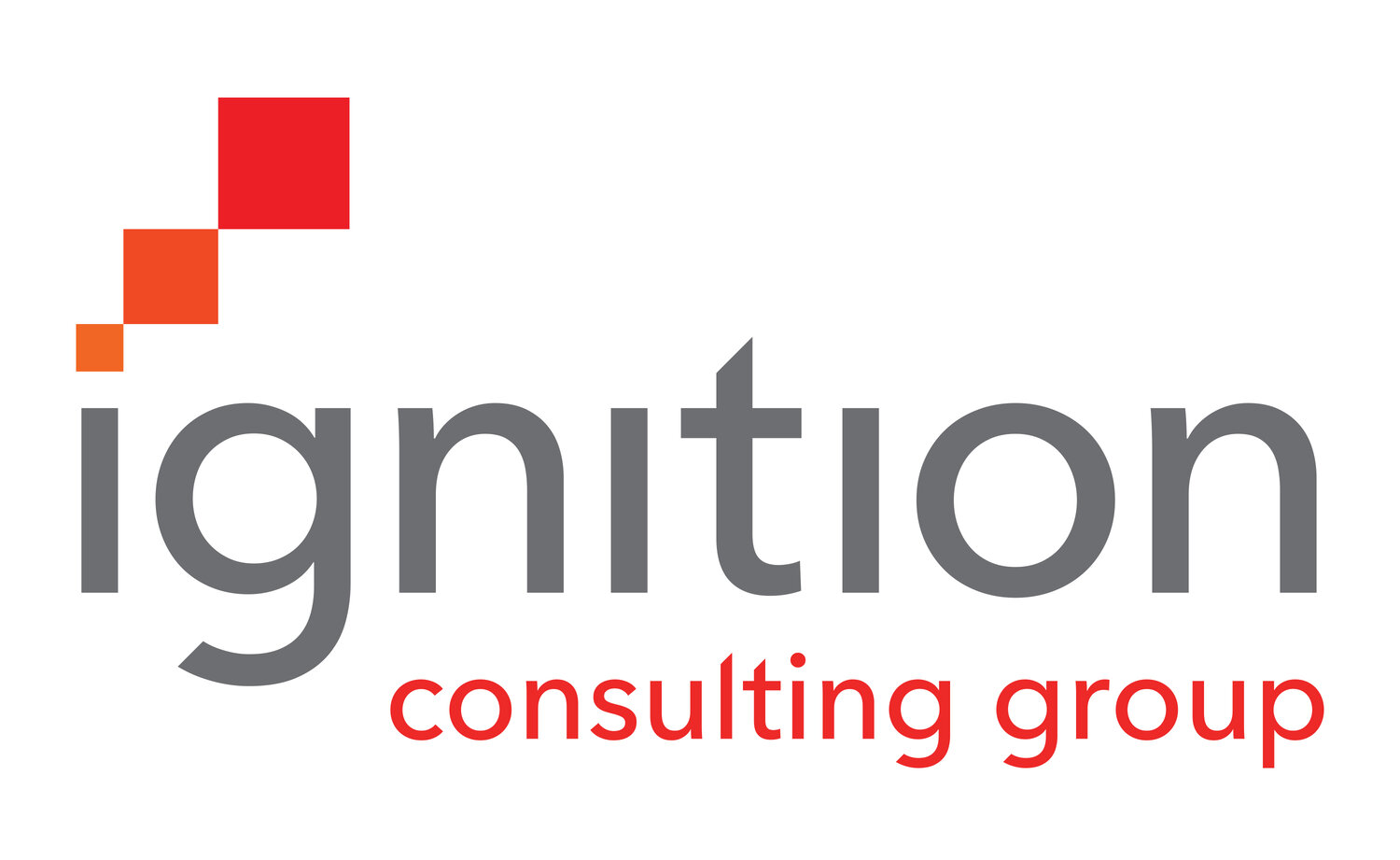A Gross Failure of Imagination
By Tim Williams
Do you feel locked in a zero-sum game with the professional buyers of your services (procurement)? Most firms do. A zero-sum game is one in which gains for one party result in losses for the other party. In effect, each party is fighting for a bigger slice of the same pie.
Modern game theory was actually born out of an effort to understand and address the dynamics of the zero-sum game. The name “zero-sum” refers to the fact that the total benefit to the players in the game always adds to zero — meaning one player can only benefit at the equal expense of the other.
Poker is a lucid example of a zero-sum game: one party wins exactly the amount that the other parties lose. Poker is also an effective metaphor for describing the dynamics underlying most agency-client compensation discussions. For example, agency leaders routinely complain that “Procurement holds all the cards.” This statement actually says more about the self-confidence of the agency leader than it does about the supposed power of procurement.
Buyers hold “all the cards” only if and when you’re willing to lay your own cards on the table, which agencies routinely do by disclosing their staff costs, overhead, and other costs of doing business. Game theorists would be quite amused watching an agency play “compensation poker” with a prospective client.
Changing the game
By definition, you can never really “win” a zero-sum game. So the way out of this conundrum is to play a different game. You do this by starting compensation discussions with something like the following:
Today, as we talk about pricing and compensation, we’d like to propose that instead of having a discussion about the agency’s costs — hourly rates, overhead, etc. — we instead have a conversation about what you’re really buying: the outputs and outcomes that contribute to your brand’s success.
In other words, unlike other agencies who follow the outmoded practice of selling their efforts (hours, time of staff), we price and sell our ability to solve business problems. So instead of presenting you with a rate card or proposing some sort of time-based staffing plan, we would like to review with you several more effective ways for you to buy our services. We call this our “pricing stack,” and it features a variety of modern pricing approaches that correlate with value received, not cost incurred.”
Actually, you can be even more deliberate than that and say:
In our experience, most agency-client compensation negotiations are a tug-of-war involving requests for lower hourly rates, reduced hours, discounted fees, etc. — which essentially pits one party against the other in a struggle over who gets the biggest slice of the same pie. We would instead propose to craft an approach where our mutual efforts are directed toward growing the pie.
In the world of game theory, this means converting a zero-sum game into what’s called a cooperative game. A game is cooperative if the players are able to form binding commitments that can be externally enforced. This is easily accomplished through an engagement agreement (or MSA, in client-speak). But underlying this agreement is some creative thinking about how the agency-client relationship can be win-win instead of win-lose.
The imagination business
Within professional service firms, the primary resistance to the idea of changing the game is “We’ve never done this before.” OK, but that’s not really a reason why you can’t do it now. The campaign you created for your largest client this year is likely something you’ve never done before. You were able to invent a new approach because you applied your firm’s considerable intellectual firepower to solving your client’s business problem. Innovative solutions are described as “groundbreaking” precisely because they are new remedies for old problems.
Agencies as a category are in the imagination business. But why is this imagination applied primarily to client problems instead of the firm’s own business model? The firms that draw on their ingenuity to change the compensation game are the ones enjoying higher profit margins, better talent retention, and healthier client relationships.
Many of the new agency startups understand that one of their strongest points of differentiation can be a more enlightened approach to pricing and compensation. Stephen Goldblatt, founder of the new San Francisco based Partners in Crime, views each new client relationship as a chance to craft a completely new compensation approach. ”We are starting from scratch each time," said Goldblatt in a recent Adweek article. "We offer a custom creative and financial model for each client pushed through our own creative lens. There are no rules.”
The British startup BGO goes to market with the promise that it thinks, works, and makes money in “fundamentally different ways from legacy agencies,” shunning “the dubious math of billable hours.” By putting this stake in the ground in the most public way possible — on their website — this firm is changing the compensation game with prospective clients before it even begins.
In the U.S. the agency Greatest Common Factory, named Advertising Age’s “Small Agency of the Year,” touts not only the creative thinking applied to client problems, but the inventiveness it has applied to its own business model as well. Front and center on their website this agency explains they have stopped tracking hours in favor of focusing on the quality and effectiveness of their work. This would make a procurement-led discussion about hourly rates and estimated time rather pointless.
These firms and many more are choosing not to play the zero-sum game that underlies the severely flawed cost-plus approach to agency compensation. In addition to developing game-changing work for their clients, they are also changing the game for themselves.


